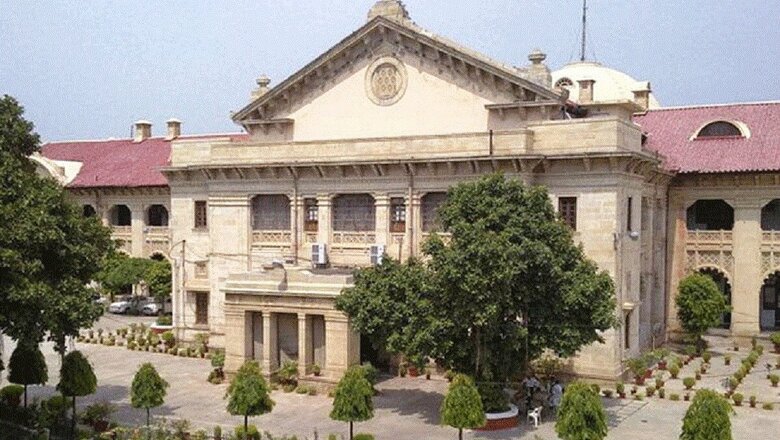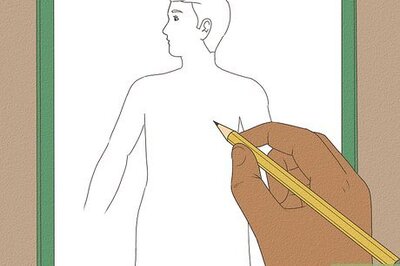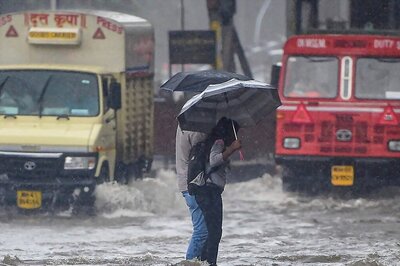
views
The Allahabad High Court on Saturday dismissed a bunch of petitions seeking permission for Muharram processions in Uttar Pradesh.
"We have also given serious thought to working out some mechanism in order to permit the processions for Tazia burials, while imposing certain restrictions. However, no such workable mechanism could be suggested even by the counsel for the petitioners," a bench comprising justices SK Gupta and Shamim Ahmed said.
It rejected the contention of the petitioners that the state's decision not to allow the processions citing the COVID-19 pandemic is discriminatory, saying the argument appears to be "patently misconceived" and the same yardstick has been adopted for all religious communities.
The bench had on Friday reserved its judgment on the petitions filed by Roshan Khan and several others seeking permission to carry out Tazia procession during the upcoming Muharram.
The plea stated that any restriction on carrying out of processions during Muharram is a violation of their fundamental right of freedom to practice religion.
"Also other religious festivals were allowed by state government during the same period but only procession of Muharram is not allowed which is discriminatory action on the part of the state government," the counsel for petitioners claimed and cited the Supreme Court order allowing Jagganath Rath Yatra in Puri, Odisha.
Additional Chief Standing Counsel Ramanand Pandey, appearing for the state government, said that freedom to practice religion is not an absolute right and the same is subject to public order, morality and health.
Due to COVID-19 pandemic, the state government can restrict religious activities keeping in mind the issue of public health, he told the court.
"State action is not discriminatory rather during the month of August, processions were not allowed during the festivals of Ganesh Chaturthi and Krishna Janamasthmi also. The public is allowed to practice religion inside their house but no public gathering is permitted," said Pandey.
Referring to the petitioners' contention that the state's decision is discriminatory, the court said that "this argument has no legs to stand on and appears to be patently misconceived. Same yardstick has been adopted for all religious communities and they have been restricted from carrying on any processions or Jhankis or activities that have a danger of large congregations.”
On the rath yatra, it said the apex court had not passed any general directions but the permission was given to carry out the annual chariot procession "pertained to a specific place, Puri, and only from one point to another."
Earlier, the Supreme Court had on Thursday refused to pass a general order to permit Muharram procession across the country, saying if relief was made for a particular area, then the risk could be assessed. Muharram will be observed this year on August 29.



















Comments
0 comment